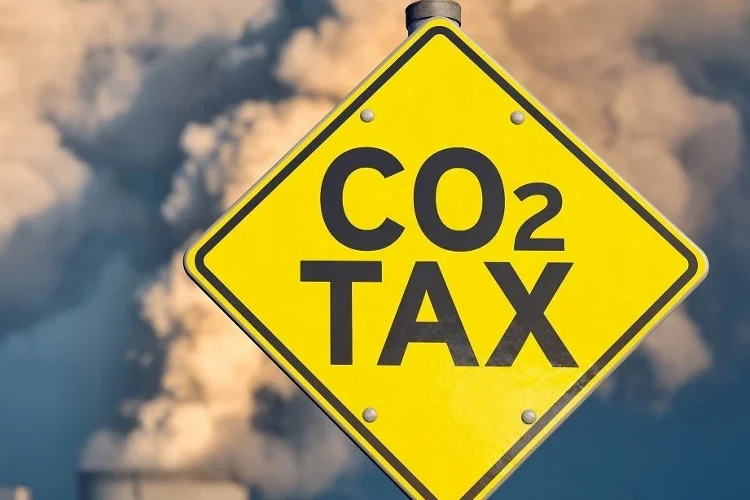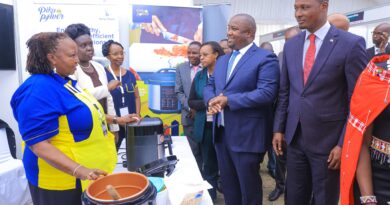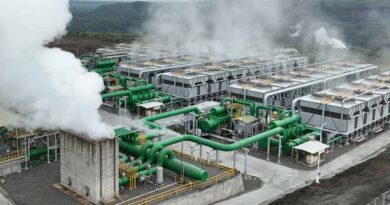Kenya to use new carbon tax to assist the needy

Kenya has pledged to use the proceeds from a proposed carbon tax on fuel to assist vulnerable individuals in the country, where extreme poverty remains rife.
The National Treasury, in its submissions to the International Monetary Fund (IMF) as part of the review of its ongoing loan deal with the lender, also said proceeds from the tax will be used for protection of ecosystems and restoration of land.
The government is targeting to introduce a carbon tax, which will be charged on fuel to encourage consumers to shift to cleaner sources of transportation such as electric vehicles (EVs).
It is so far unclear the rate at which it will be charged, but the carbon tax is likely to generate billions of shillings in cash annually as fuel is one of the most used products in the country.
Kenya has approached the IMF for technical assistance in designing the carbon tax at a time when introduction of new taxes is being meet with deadly resistance from the public.
The World Bank will assist us with considering reform options for recycling proceeds from carbon taxes towards social protection, biodiversity/ecosystems protection, and landscape restoration
national treasury
Kenya has committed to a number of climate reforms in order to receive additional funding from the IMF through its Resilience and Sustainability Fund (RSF).
The RSF arrangement, which was approved by the IMF in July 2023, aims to reinforce Kenya’s strong efforts to address climate-related challenges and catalyze further private climate finance.
For the RSF arrangement, the IMF has committed to loan Kenya $541.3 million (Ksh69.8 billion), out of which it has so far disbursed $180.4 million (Ksh23.2 billion).
Poverty is rife in Kenya, with an estimated 7.8% of the population living in extreme poverty in 2024. These are individuals who spend less than $2.15 per day.
The Kenyan government currently undertakes several social programmes to assist the most vulnerable in society.
One such programme is Inua Jamii, which is the collective name for four cash transfer programmes.
Under the porgramme, the government disburses Ksh2,000 monthly for the elderly who are more than 70 years of age.
Inua Jamii also includes the Hunger Safety Net Programme (HSNP) that assists households in counties stricken by hunger, cash transfers to orphans and vulnerable children and transfers to persons living with severe disability.
Inua Jamii currently benefits 1,233,129 Kenyans, including 353,000 orphans and vulnerable children, 833,129 elderly citizens, and 47,000 persons with severe disabilities.
The government reopened enrolment of new members into Inua Jamii in September last year after a six-year pause. The last registration had been carried out between July and August 2017.
The government intends to progressively net more vulnerable and underprivileged members of the society with a view to reaching 2.5 million beneficiaries in the next three years.
info@theenergyreview.com
Discover more from THE ENERGY REVIEW
Subscribe to get the latest posts sent to your email.


